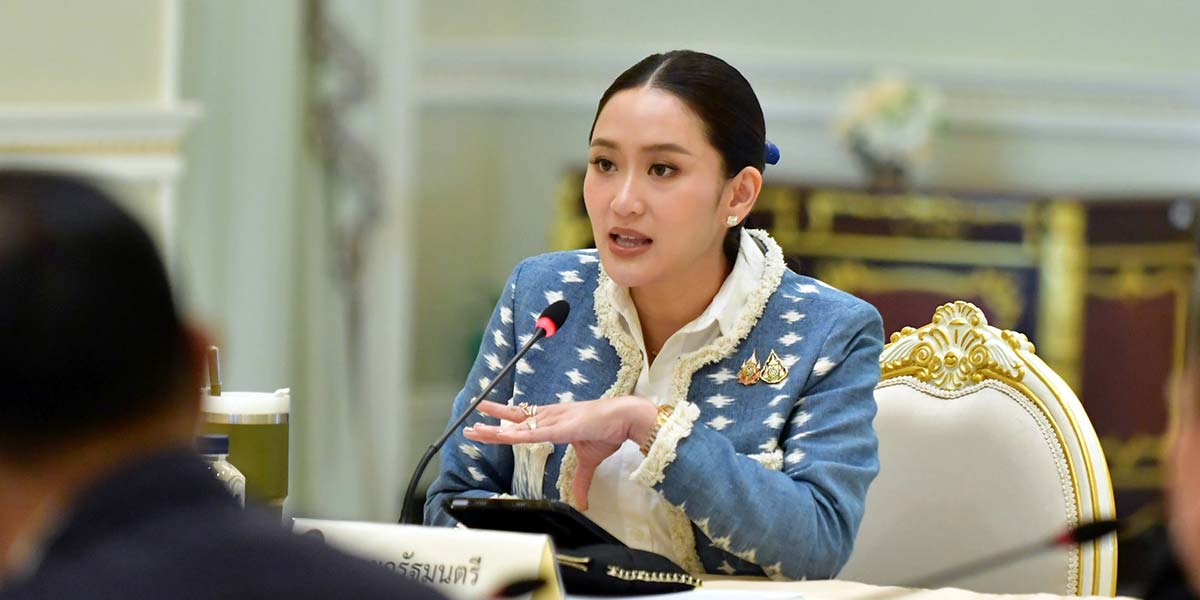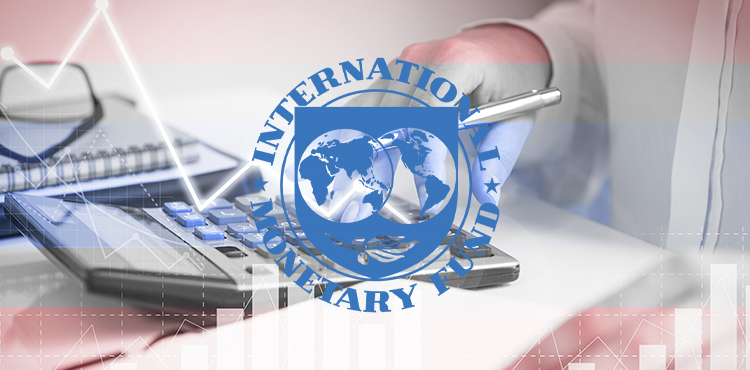Amid concerns over economic expansion falling below expectations, Thailand’s Prime Minister Paetongtarn Shinawatra has advocated for harmonious efforts between fiscal and monetary authorities to accelerate growth.
This came after Southeast Asia’s second largest economy recorded a modest economic growth of 2.5% last year, falling short of the median prediction of 2.7%. The National Economic and Social Development Council (NESDC) now estimates a 2.8% growth for this year, significantly lower than governmental ambitions.
The PM conveyed during a press briefing following a cabinet session in Songkhla province that both the Bank of Thailand (BOT) and the Finance Ministry must coordinate to achieve the ambitious growth target of 3.5% for the current year, pointing out that isolated efforts would be insufficient to meet targets.
This stance underscores Shinawatra’s increasing frustration with the central bank’s inertia in aligning with government strategies, particularly its repeated reluctance to lower interest rates.
The push for tighter coordination between fiscal and monetary policy comes in anticipation of the Monetary Policy Committee’s upcoming interest rate decision on February 26. Although Shinawatra has not yet openly demanded rate cuts, she has previously criticized the Bank of Thailand’s independence as obstructive to governmental economic stimulus pursuits.
In an effort to stimulate the economy, her administration has sanctioned increased fiscal expenditure and distributed substantial financial aid to vulnerable groups, both to alleviate living expenses and to garner political favor.
Thailand’s central bank has maintained the interest rate at 2.25% following an unexpected quarter-point cut last October. Despite some analysts projecting a rate cut due to recent growth shortfalls, others predict stability as the bank navigates global economic uncertainties, notably U.S. trade tensions.
Deputy Finance Minister Paopoom Rojanasakul also suggested that a reduction in interest rates might be necessary to sustainably achieve the central bank’s inflation targets, although he is skeptical about immediate action.
Recent GDP reports have highlighted a contraction in private investment, primarily due to funding challenges. Shinawatra has urged both the central bank and commercial banks to improve lending accessibility swiftly.
Thai private investment has declined for three consecutive quarters, weighed down by growing household debt and competition from inexpensive Chinese imports, curtailing the country’s economic momentum compared to regional peers.





